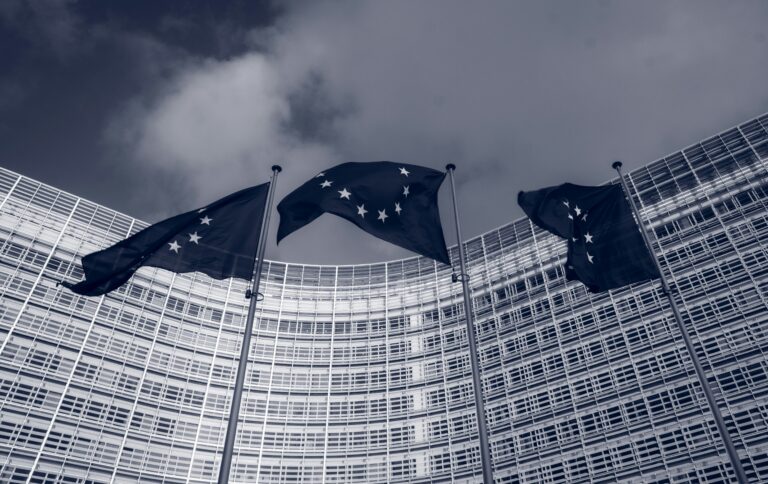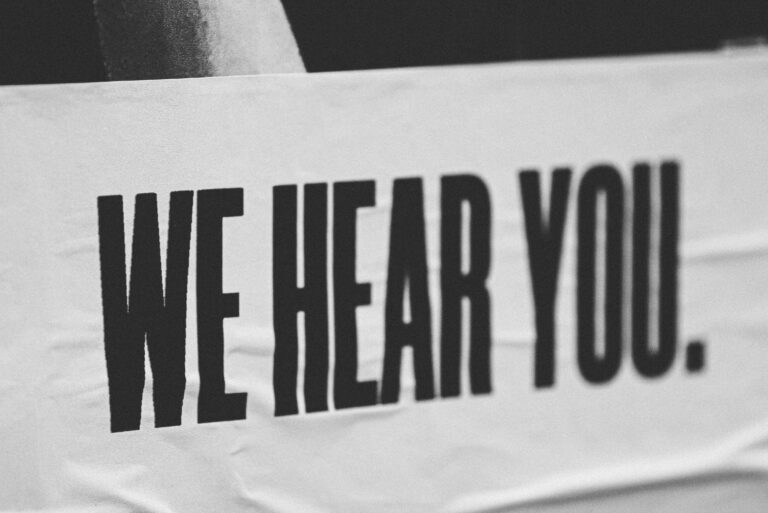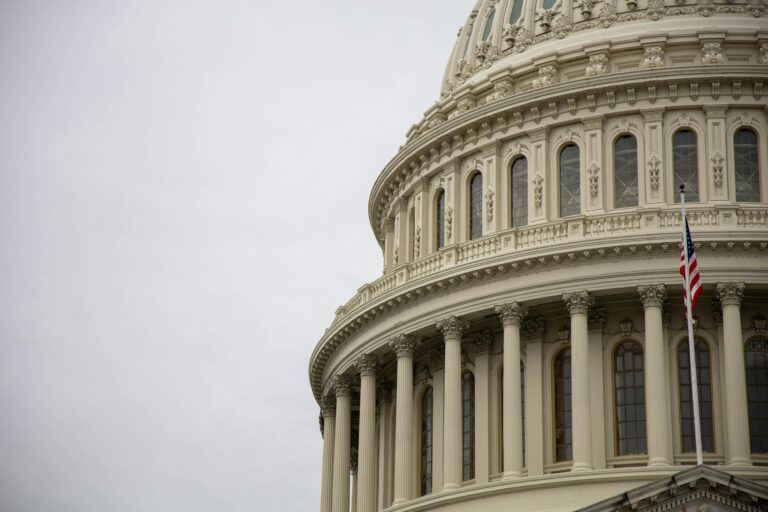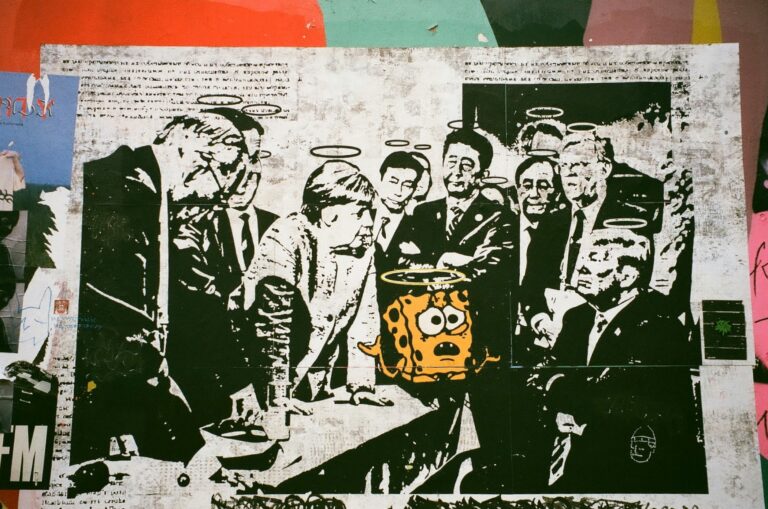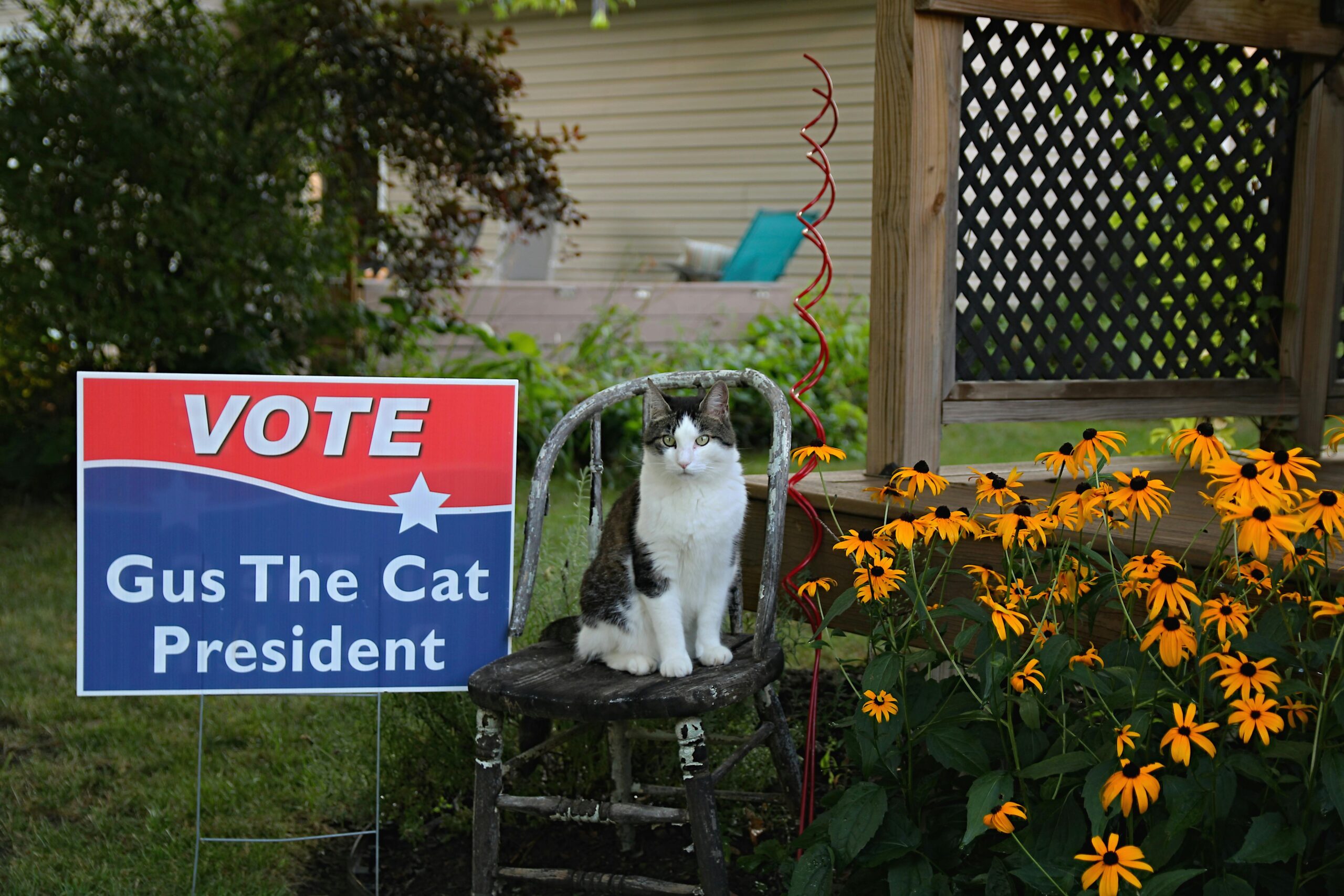
Every decade has its fair share of jaw-dropping political moments, and the 2010s and early 2020s were no exception. From unintentional puns to embarrassing mix-ups, political gaffes offer us a humorous respite from the otherwise intense world of politics. Here, we look back on some of the decade’s most memorable political blunders, dissecting what happened, why it was so entertaining (or cringe-worthy), and what it says about the politicians behind them.
1. “Covfefe” – Donald Trump (2017)
The Gaffe: In 2017, then-President Donald Trump tweeted, “Despite the constant negative press covfefe.” And then…silence. No one ever found out what “covfefe” meant, but the tweet stayed up long enough to ignite a social media firestorm.
Dissection: “Covfefe” quickly went viral, with people speculating on its meaning and sharing memes of everything from coffee brands to ancient runes. The White House later claimed that the meaning was only known to a select few, making it a delightful mystery. This “gaffe” demonstrated Trump’s unique relationship with Twitter and offered the internet a meme gift that kept on giving.
Takeaway: Not all typos are created equal—sometimes, they become cultural phenomena.
2. “I Was for It Before I Was Against It” – John Kerry (2004)
The Gaffe: Though it happened in the previous decade, Kerry’s famous line during his 2004 presidential campaign became a catchphrase that haunted him for years. Discussing his vote on a military funding bill, Kerry stated he was “for it before [he] was against it.”
Dissection: This statement became the poster child for political flip-flopping. Opponents seized on the line, accusing Kerry of lacking conviction and clarity. Even years later, it remains an example of how wording can backfire spectacularly.
Takeaway: In politics, once you’re labeled a flip-flopper, it’s hard to shake the image.
3. “Binders Full of Women” – Mitt Romney (2012)
The Gaffe: During a 2012 presidential debate, Mitt Romney was asked about his commitment to gender equality in hiring practices. In response, he mentioned having “binders full of women” to choose from for top jobs. The phrase instantly drew attention.
Dissection: Romney’s choice of words painted a bizarre mental image of literal binders stuffed with women’s resumes. Social media erupted, with people riffing on the phrase with Photoshop edits and memes. Romney’s comment, meant to emphasize his inclusivity, ironically made him seem out of touch.
Takeaway: Sometimes, it’s not what you say but how you say it that sticks with the public.
4. “The Internet is a Series of Tubes” – Ted Stevens (2006)
The Gaffe: In a Senate debate on net neutrality, former Alaska Senator Ted Stevens tried to explain the internet as a “series of tubes” and cautioned that the “tubes” could get clogged if they weren’t managed correctly.
Dissection: The internet quickly turned Stevens’ explanation into a punchline, using his outdated terminology to show how out of touch he appeared with technology. Despite his intentions, Stevens’ analogy became a symbol of tech illiteracy among lawmakers, sparking discussions about the need for digital literacy in government.
Takeaway: If you’re going to legislate technology, understanding it goes a long way.
5. “Aleppo? What’s Aleppo?” – Gary Johnson (2016)
The Gaffe: During the 2016 presidential race, Libertarian candidate Gary Johnson was asked in an interview about Aleppo, Syria, a hotbed of conflict at the time. Johnson’s response—“What is Aleppo?”—sparked instant criticism and confusion.
Dissection: The gaffe was especially damaging given the importance of Aleppo in global news. Critics argued that a presidential candidate should be aware of major international issues, and Johnson’s blunder painted him as uninformed about critical global events. Though he clarified later, the damage was done, and “What is Aleppo?” quickly became shorthand for obliviousness.
Takeaway: If you’re running for president, make sure you know the hot-button issues, especially when it comes to international crises.
6. “Please Clap” – Jeb Bush (2016)
The Gaffe: During a campaign speech, Jeb Bush paused for applause after a line meant to inspire voters. When the audience remained silent, Bush broke the awkward pause with a simple “Please clap,” which later became one of the defining moments of his campaign.
Dissection: Bush’s plea for applause came across as sad and desperate, leading to endless parodies online. In an era when enthusiasm is everything, Bush’s lackluster moment was used as evidence that his campaign lacked energy. It became an unfortunate emblem of the difficulties he faced in competing with more charismatic candidates.
Takeaway: In politics, charisma is king. And if you have to ask for applause, it’s already too late.
7. “My Friends, We’ve Got a Lot of Work to Do” – Howard Dean (2004)
The Gaffe: At the end of a passionate campaign speech, Howard Dean famously let out an unrestrained scream, listing off states he intended to win. Known as the “Dean Scream,” it quickly became viral.
Dissection: The scream came across as overly intense, and while it was initially a display of enthusiasm, it became a defining moment that made Dean seem unhinged. Media outlets played it on repeat, turning Dean’s rallying cry into an infamous soundbite that haunted him for the rest of his campaign.
Takeaway: Public enthusiasm is good; primal screaming…not so much.
8. “You Didn’t Build That” – Barack Obama (2012)
The Gaffe: During his 2012 re-election campaign, Obama made a remark about the role of government in business, saying, “If you’ve got a business—you didn’t build that. Somebody else made that happen.”
Dissection: Opponents quickly seized on the comment, framing Obama as dismissive of entrepreneurs and small business owners. The phrase became a rallying cry for conservatives who argued that Obama was undermining the hard work of Americans. Though the context suggested he was referring to the infrastructure that enables business success, the soundbite became one of the election’s most contentious talking points.
Takeaway: Context is everything, especially in an election year. Politicians should choose their words carefully, lest they be taken out of context.
9. “Mike Pence and the Fly” – Vice Presidential Debate (2020)
The Gaffe: During the 2020 vice presidential debate, a fly landed on then-Vice President Mike Pence’s head and stayed there for an impressive two minutes. Social media erupted, and the fly instantly became a viral sensation.
Dissection: While Pence didn’t say anything gaffe-worthy, the fly became an unintentional star. Memes flooded social media, with people joking about what the fly represented—everything from a silent protest to divine intervention. It was a lighthearted moment that brought comic relief to an otherwise intense debate season.
Takeaway: Sometimes, it’s the little things that steal the show…literally.
10. “Hot Mike Moment” – Various Politicians
The Gaffe: Hot mic moments have tripped up numerous politicians. Whether it’s President Obama’s “After my election, I have more flexibility” line to Russian President Medvedev in 2012, or other candid (and sometimes crude) comments accidentally captured, these moments reveal a politician’s unfiltered thoughts.
Dissection: Hot mics capture the authenticity (or slip-ups) that audiences rarely get to see, often showing a side of politicians that is relatable or, at times, deeply embarrassing. They remind us that politicians are human and sometimes say things they wouldn’t if they knew the mic was live.
Takeaway: Always assume the mic is on—especially when talking about sensitive topics.
Conclusion
Political gaffes offer us a rare, unfiltered look into the lives of politicians, showing that even seasoned professionals are prone to missteps. These moments are more than just funny; they serve as reminders of the humanity (and fallibility) behind political power. And while some gaffes may be mortifying for the politicians involved, they’re often endearing or downright hilarious for the public. Here’s to the political gaffes of the past decade—and the many more yet to come!


